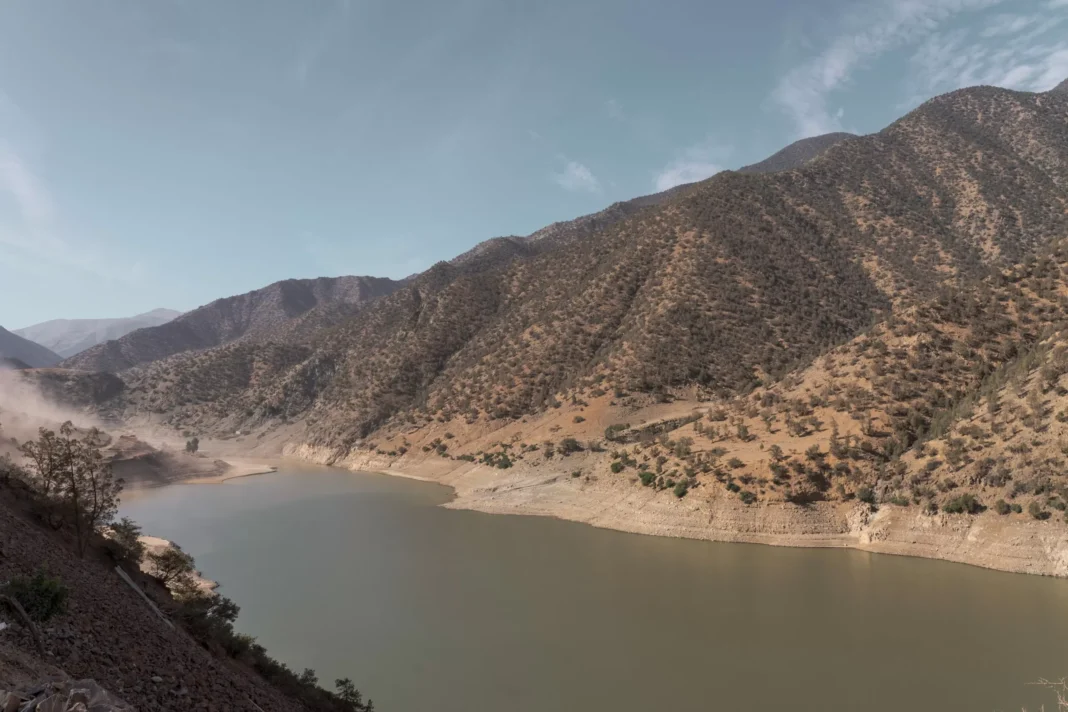Morocco is a country known for its rich history, diverse culture, and stunning landscapes. However, behind the vibrant facade lies a harsh reality for the Imazighen mountain communities. These communities have been consistently neglected by the state policies, which have maintained divisions rooted in the colonial period. This long-standing neglect has created numerous obstacles for displaced villagers who are still attempting to rebuild their lives.
The Imazighen, also known as the Berbers, are the indigenous people of North Africa. They have a distinct culture, language, and way of life that have been preserved for centuries. However, despite their significant contribution to Morocco’s cultural heritage, the Imazighen have been marginalized and discriminated against by the state policies.
One of the major issues faced by the Imazighen mountain communities is the lack of basic infrastructure and services. Many villages in the remote mountain regions do not have access to clean water, electricity, or proper roads. This makes it difficult for the villagers to access education, healthcare, and job opportunities. As a result, the Imazighen communities are trapped in a cycle of poverty and struggle to make ends meet.
Moreover, the neglect of these communities has also led to a lack of economic development in the region. The Imazighen people rely heavily on agriculture and livestock for their livelihoods. However, due to the lack of government support and investment, their traditional farming methods are becoming increasingly unsustainable. This has forced many villagers to leave their homes and migrate to urban areas in search of better opportunities.
The displacement of the Imazighen villagers has also been exacerbated by the government’s land policies. Many of these communities have been living on their ancestral lands for generations. However, the government has often confiscated their lands for development projects without proper compensation or consultation. This has not only disrupted their way of life but has also left them without a source of income.
Furthermore, the neglect of the Imazighen communities has also led to a cultural divide between them and the rest of the country. The government’s focus on promoting Arab culture and language has left the Imazighen feeling marginalized and their identity threatened. This has created a sense of alienation and exclusion among the Imazighen, further deepening the divide between them and the rest of the country.
The neglect of the Imazighen mountain communities can be traced back to the colonial period when the French and Spanish colonizers imposed their language and culture on the indigenous people. After gaining independence, the Moroccan government continued to prioritize Arab culture and language, leaving the Imazighen communities on the fringes of society.
However, in recent years, there have been some positive developments towards addressing the neglect of the Imazighen communities. In 2011, the new constitution recognized Tamazight, the language of the Imazighen, as an official language alongside Arabic. This was a significant step towards acknowledging the cultural diversity of Morocco and promoting the rights of the Imazighen people.
The government has also initiated some development projects in the Imazighen regions, such as building schools and hospitals, and providing electricity and clean water. However, these efforts are still inadequate and need to be sustained to bring about real change in the lives of the Imazighen communities.
It is crucial for the government to prioritize the needs of the Imazighen mountain communities and address the long-standing neglect. This can be achieved by investing in infrastructure, promoting economic development, and protecting the rights of the Imazighen people. The government should also work towards bridging the cultural divide and promoting inclusivity and diversity in the country.
Moreover, it is essential to involve the Imazighen communities in decision-making processes that affect their lives and lands. Their voices and perspectives must be heard and considered in all development projects and policies. This will not only empower the Imazighen people but also promote a sense of ownership and pride in their culture and heritage.
In conclusion, the neglect of the Imazighen mountain communities in Morocco has had a detrimental impact on their lives and well-being. The state policies have maintained divisions rooted in the colonial period, creating numerous obstacles for these communities. It is time for the government to take concrete steps towards addressing this neglect and promoting the rights and well-being of the Imazighen people. By doing so, Morocco can truly embrace its diverse cultural heritage and build a more inclusive and prosperous society for all its citizens


